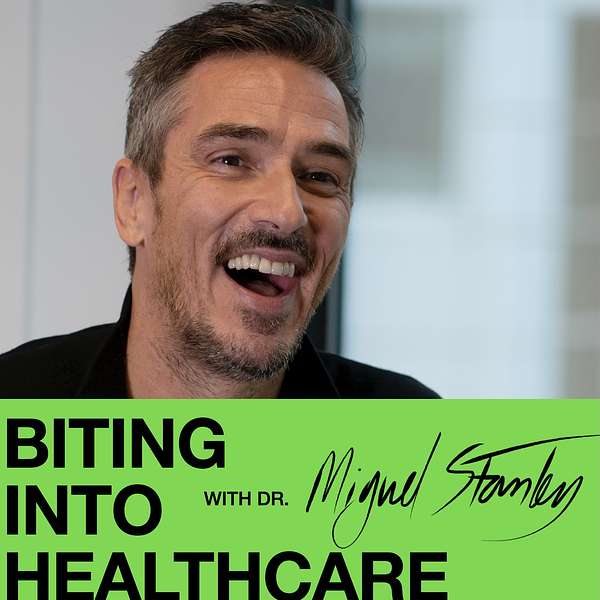
Biting into Healthcare with Dr Miguel Stanley
Biting into Healthcare with Dr Miguel Stanley
Trust in Healthcare: Is it Eroding?
After more than one year of pandemic and lockdowns , political turmoil around the globe, civil unrest, mistrust in the financial sector, concerns about vaccination, education and even in our religious leaders, it is evident that there is a lot more stress going on in people around the world, so is this a really scary time to be a doctor?
Trust is the foundation of any relationship between the patient and their physician or dentist. If we do not have it, the fabric of the relationship is corroded and will not work. We are living in a world where trust is becoming much harder to attain, and more importantly maintain. Everybody is very opinionated, and the access to an overwhelming amount of information and online data, some of it fake, some of it real, with so many "healthcare" specialists giving their opinions that are not based on science, are leading to a growing population that is willing to argue with their doctors on so many points as if they know better. In some cases, they actually might be right, but let's face it, doctors went to medical school and are highly trained to take care of you.
It's one thing is to ask for a second opinion or alternative treatment options, it's a completely different thing is to question why a doctor is going to do things the way that he was trained to do. In the private healthcare sector, doctors should not be confused with restaurant owners that might go out of their way to accommodate multiple alterations to their signature dish to keep you happy. A surgeon however, most definitely cannot accommodate these sorts of changes without scientific evidence and should not change his or hers protocols for no one if that might affect the outcome. For example a patient that refuses to take antibiotics because they're fearful it might cause them some harm, which is obviously true, but there is a greater risk of having a bone infection after a surgery. Them not taking that antibiotic could most definitely lead to severe complications that could affect the doctors livelihood and stress to manage the problem.
And so, here we are in this new normal where there is a growing part of the population that despite needing care from their healthcare providers, have no problem in voicing their mistrust to treatment options, pharmacological prescriptions based on their recently gained online knowledge.
It's very difficult for us doctors to challenge core beliefs, and I personally don't think that is our job, and so we need to be very careful about how trustworthy our relationships are and sometimes it is simply best to not pursue care with patients that don't trust you. It has been this way since Hippocrates over 5000 years ago.